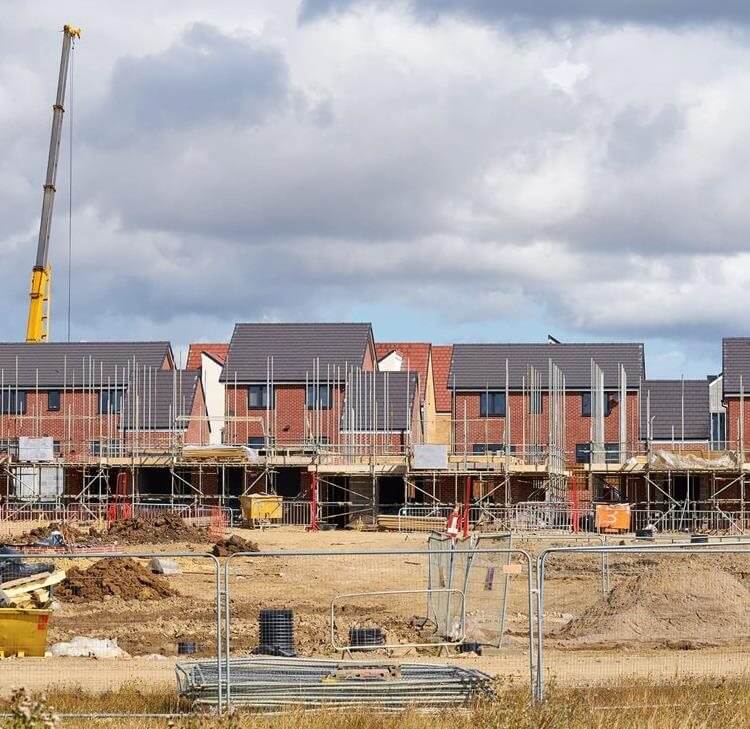Renters reform was an important part of the Labour Party’s pre-election manifesto. It is no surprise therefore to see this Bill published in the first few months of the new government’s tenure.
Amongst other things, the Bill covers the following key points:
- So-called ‘no fault’ eviction will be abolished - where a tenancy can be terminated for no reason by a landlord on two months’ notice at the end of the contractual term.
- All tenancies (including those existing when the Act is passed) will become periodic ones which the tenant can terminate on two months’ notice.
- The existing mandatory and discretionary grounds for possession will be expanded and clarified. For example, after 12 months, landlords will have grounds for possession on 4 months’ notice if they or a close family member wish to occupy the property or if they want to sell the property.
- Rent increases to market value will only be allowed once a year using the statutory process (contractual rent reviews will not be permitted) and a tenant will be able to challenge a landlord’s proposed increase in the First-tier Tribunal.
- Landlords will have to register themselves and their properties on a new Private Rented Sector Database and will have to join a new Private Rented Sector Ombudsman service to settle disputes with tenants.
- The Decent Homes Standard and ‘Awaab’s Law’ will for the first time apply to the private rented sector. The latter will require landlords to address dangerous hazards (for example, damp and mould) within a set time period to ensure homes are safe.
- Landlords will not be able to unreasonably refuse a tenant’s request to keep a pet.
- When letting a property landlords and agents will not be able to discriminate against prospective tenants with children or on benefits. They will also not be able to ask for or accept a rent beyond that which is advertised.
A similar (if less radical) Bill was published by the previous government in May 2023. However, its passage was delayed by concerns over reform to the court system and it was dropped when the general election was called. This time though there appears to be the political will for this Bill to pass speedily into law (a Housing Minister was quoted yesterday saying that they hope to have the new tenancy system in place “within the first half or around summer next year”). Landlords really need to start preparing themselves now for the biggest shake-up in the private rented sector for over 35 years.
Key contact

David Harris
Professional Development Lawyer
david.harris@brownejacobson.com
+44 (0)115 934 2019









































